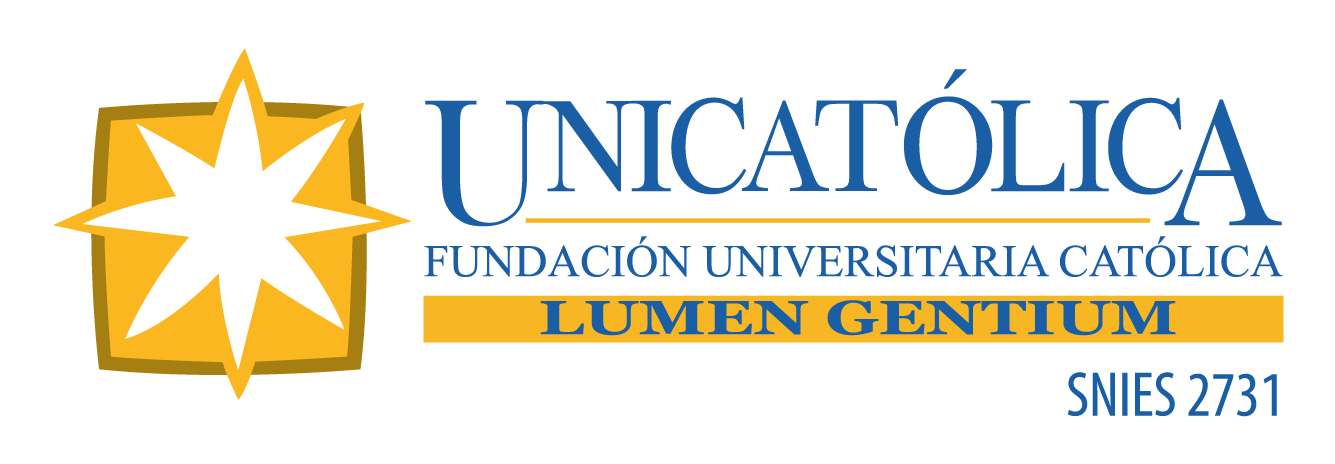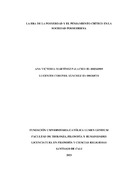La era de la posverdad y el pensamiento crítico en la sociedad posmoderna
Resumen
Desde los orígenes de la civilización occidental, con el nacimiento del pensamiento filosófico de los antiguos griegos, el ser humano se ha inquietado por la búsqueda constante de la verdad. Para estos pensadores clásicos, la verdad representaba un valor ético que los hombres debían perseguir con honor y valentía. Simbolizaba no solo un respeto a la razón (Logos), sino también a la aspiración de hombre sabio que persigue la verdad para la construcción de una buena vida. Uno de los mayores referentes de dicha verdad se halla en filósofos como Sócrates, quien sacrificó su vida en nombre de ella, pues para él el hombre sabio debía decir siempre la verdad aun contemplando las terribles consecuencias que podría traer. Por otro lado, para el caso de filósofos como Platón, la verdad se apreciaba en términos absolutos y era el modo necesario para llegar al auténtico conocimiento, mientras que, para Aristóteles, por ejemplo, que veía en la verdad toda la inquietud humana, concebía que fuera posible llegar a ella siempre y cuando se conocieran las causas de las cosas. Para el pensamiento medieval, la verdad siguió configurándose como un valor al que se aspiraba sobre todas las cosas, tal como sucedió con los griegos, pero con la excepción de que su valor, fruto de la adecuación entre la inteligencia del hombre y las cosas, era posible gracias a la voluntad divina. La verdad entonces era una cuestión inmutable, única y auténtica, que era conocida por medio de la revelación divina y porque en cada cosa verdadera estaba impregnada la sabiduría de Dios. Para los modernos fue una situación diferente, la verdad vino a ser parte de los grandes discursos, de los relatos que encauzaban el pensamiento. La democracia, el liberalismo, el marxismo, y todos los discursos de la ilustración pretendían ofrecer una verdad, ya fuera frente al conocimiento, o frente al hombre y la sociedad. Para la modernidad la verdad fue la cúspide, y se pretendía que fuera única y universal.
Abstract
Since the origins of Western civilization, with the birth of the philosophical thought of the ancient Greeks, human beings have been concerned about the constant search for truth. For these classical thinkers, the truth represented an ethical value that men should pursue with honor and courage. It symbolized not only respect for reason (Logos), but also the aspiration of a wise man who pursues the truth to build a good life. One of the greatest references of this truth is found in philosophers like Socrates, who sacrificed his life in its name, because for him the wise man should always tell the truth even contemplating the terrible consequences that it could bring. On the other hand, in the case of philosophers like Plato, the truth was appreciated in absolute terms and was the necessary way to arrive at authentic knowledge, while for Aristotle, for example, who saw all human restlessness in the truth, conceived that it was possible to reach it as long as the causes of things were known.
For medieval thought, truth continued to take shape as a value that was aspired to above all things, just as it happened with the Greeks, but with the exception that its value, the result of the adequacy between the intelligence of man and things, It was possible thanks to the divine will. The truth then was an immutable question, unique and authentic, that it was known through divine revelation and because in each true thing the wisdom of God was impregnated. For the moderns it was a different situation, the truth became part of the great speeches, of the stories that channeled thought. Democracy, liberalism, Marxism, and all the discourses of the Enlightenment claimed to offer a truth, either against knowledge, or against man and society. For modernity, truth was the pinnacle, and it was intended to be unique and universal.
Palabras clave
Fortalecer, promover y cultivar -- Pensamiento críticoPosverdad -- Sociedad actual
Verdad -- Historia
Keywords
Strengthen, Promote and Cultivate -- Critical ThinkingPost-truth -- Current society
Truth -- History

